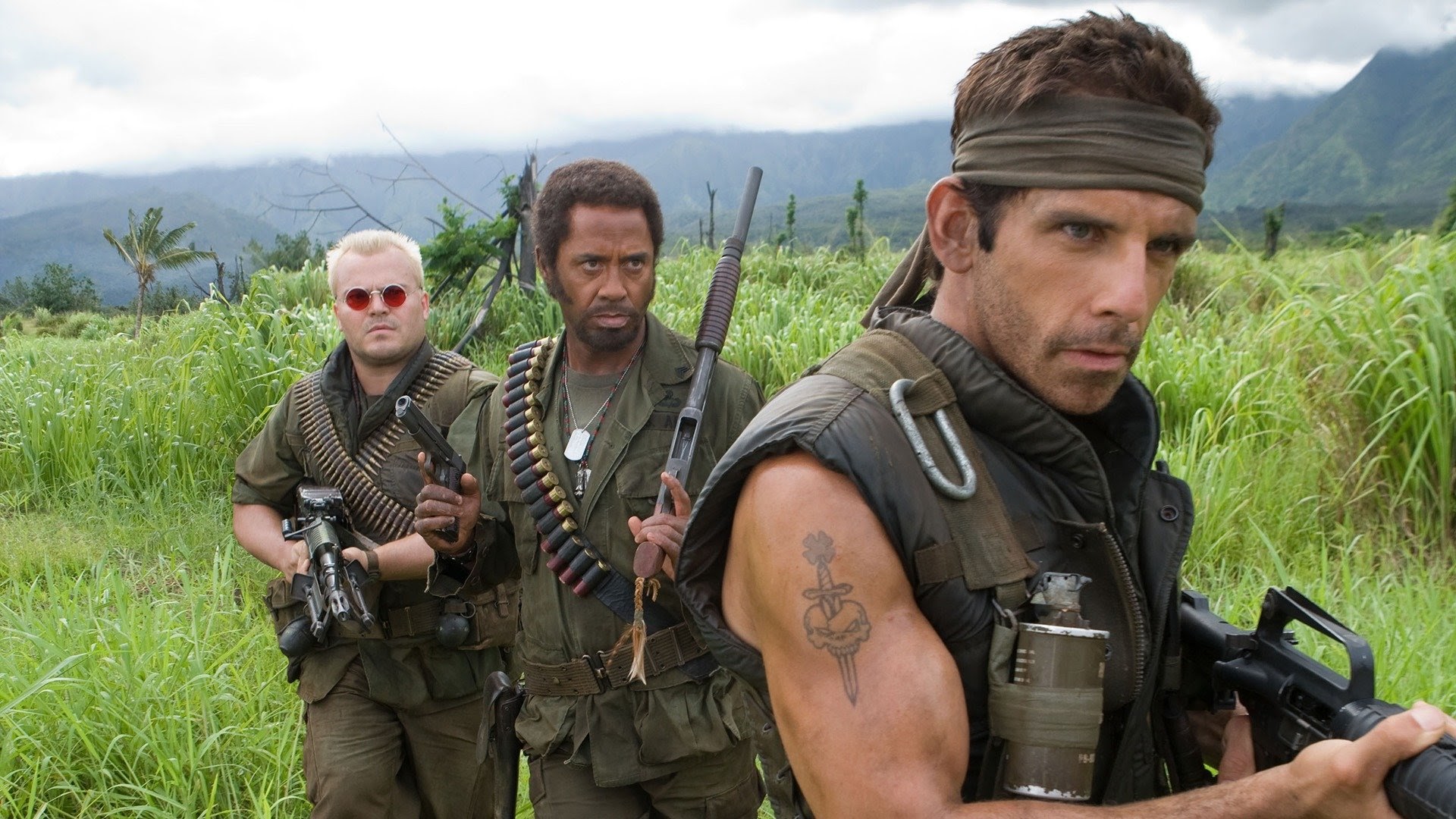
The Controversial Moments of Tropic Thunder A Look Back
Tropic Thunder, released in 2008, was a film that gained notoriety not only for its humor but also for its controversial moments that sparked discussions on the boundaries of comedy. Directed by Ben Stiller, the film takes a satirical look at the world of Hollywood and the lengths actors go to in order to prepare for their roles. Despite its comedic intent, some scenes sparked debates over cultural appropriation and the portrayal of disabilities, making it a focal point for conversations about ethics in entertainment. As we take a look back at this seminal film, we explore its most controversial moments and their impact on the audience and the industry.
Critique of Hollywood and Satire of Method Acting
One of the most criticized aspects of Tropic Thunder is its portrayal of method acting, particularly through the character of Kirk Lazarus, played by Robert Downey Jr. Lazarus undergoes a skin pigmentation procedure to portray a Black character in a film. This form of extreme dedication to a role was viewed by some as a blatant act of blackface, despite the film's intention to satirize both Hollywood and the absurd lengths to which actors go. The humor derived from this portrayal was polarizing, causing many to question whether it was appropriate to joke about such sensitive topics. The film essentially held a mirror to Hollywood's obsession with authenticity and the lengths actors go for an Oscar-worthy performance, but it also raised concerns about reinforcing stereotypes and making light of serious issues.
The Use of "R"-Rated Humor
Additionally, Tropic Thunder was notable for its use of "R"-rated humor, which elicited mixed reactions from audiences and critics alike. The film's irreverent style, filled with profanity, violence, and shock comedy, was a hallmark of its comedic approach. While many viewers appreciated its boldness, others felt it trivialized significant issues, including war and addiction. There were scenes that depicted soldiers grappling with their emotional scars and grappling with the absurdities of war. However, some critics argued that the film's treatment of these themes could undermine the real-life experiences of veterans and those battling addiction. This division in viewer reception highlights the fine line between comedy and insensitivity, particularly in a film that seeks to address serious subject matter through satire.
Merchandise and Cultural Impact
One undeniable aspect of Tropic Thunder's legacy is the variety of merchandise that emerged following its release. From action figures to DVD box sets, the Tropic Thunder merchandise captured the film's iconic moments and memorable characters, allowing fans to celebrate its humor. The merchandise often featured quotes and references, reminding audiences of the film’s sharp wit and its self-aware commentary on Hollywood. However, the merchandise also raised questions about the commercialization of controversial content—could it be possible to separate the art from the potentially problematic elements? The existence of such merchandise demonstrates the balance between appreciation of the film's entertainment value and recognition of its contentious moments.
Legacy and Reflection
As we reflect on Tropic Thunder, it is clear that its controversy has not diminished its significance in film history. Rather, the debates surrounding its themes have contributed to an ever-evolving conversation about race, representation, and ethics in comedy. The film serves as a reminder of the transformations occurring within the industry and the heightened awareness of cultural sensitivities. Even as some moments remain contentious, Tropic Thunder has maintained a cult following, and its legacy endures through discussions on art, critique, and the responsibilities of filmmakers. In a world where social consciousness is becoming increasingly important, Tropic Thunder reminds us that comedy can be both provocative and thought-provoking, leaving us with more questions than answers—but also a reason to laugh.
.png)